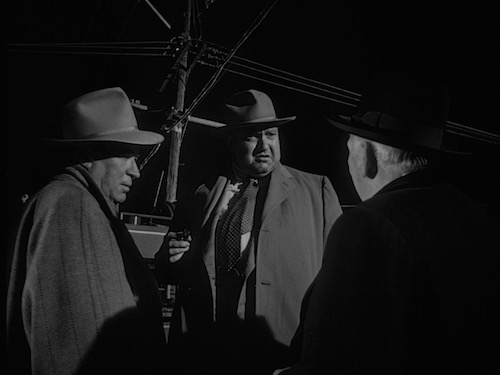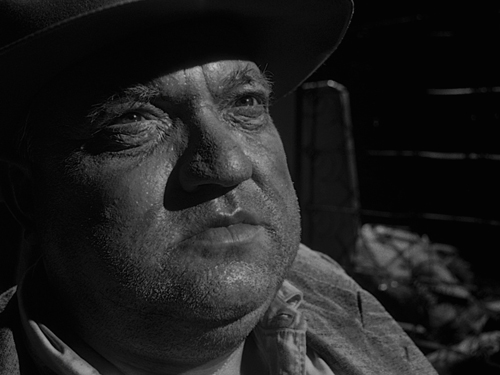Orson Welles
Orson Welles (1915-1985) was an American actor, director, writer and producer. His first film was Citizen Kane (1941), consistently ranked as one of the greatest films ever made, which he co-wrote, produced, directed and starred in as Charles Foster Kane. Welles released twelve other feature films, including The Magnificent Ambersons (1942), The Lady from Shanghai (1947), Touch of Evil (1958), The Trial (1962), Chimes at Midnight (1966) and F for Fake (1973). Throughout his career, Welles and his financiers, whether Hollywood studios or independent producers in Europe, fought over creative control. In 1984, the Directors Guild of America awarded him the D.W. Grifith Award.
Orson Welles




